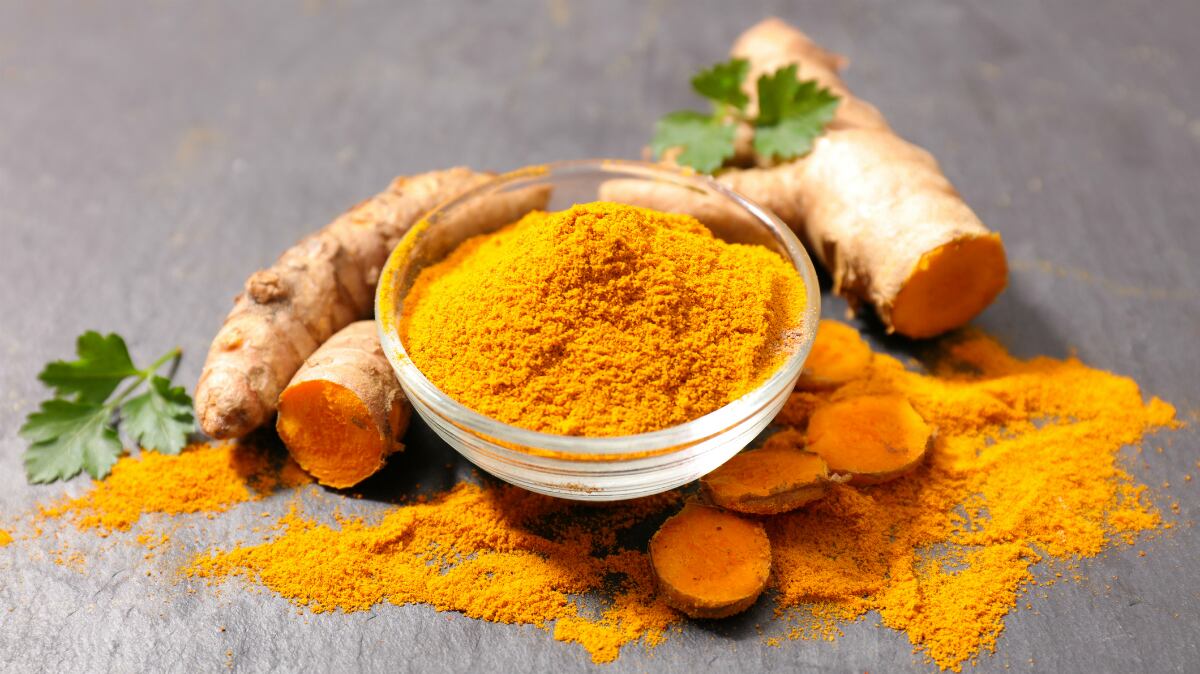Green tea is rich in polyphenols such as catechins and flavonoids, including epigallocatechin-3-gallate (EGCG), epicatechin gallate (ECG), epigallocatechin (EGC) and epicatechin (EC), among which EGCG is the most abundant.
Studies have found EGCG to play a preventive role against hypercholesterolemia, but its low oral bioavailability means there is a need to enhance its membrane permeability and transporter-mediated intestinal efflux.
The researchers sought to increase the permeability and bioavailability of EGCG using curcumin, in order to treat hyperlipidaemia.
Green goodness
They extracted EGCG from green tea leaves, and then prepared a powder formulation of green tea extract, curcumin, sucralose and cardamom in herbal tea bags for the intervention group.
Using 10 male and 10 female rats aged six to seven weeks and weighing between 200g and 250g, the researchers divided them into five groups of four, with two male and two female rats in each group.
The groups included a control group on a normal diet, a negative control group, a standard group (test group A, a test group on a high-fat diet ad and given a green tea extract solution (test group B), and a test group on a high-fat diet and given a green tea extract solution with curcumin (test group C).
The control group was placed on a normal diet while the negative control group was placed on a high-fat diet.
Test group A was placed on a high-fat diet for 15 days, and then given 10mg of a liquid solution of marketed preparation atorvastatin for a further 15 days.
Test group B was placed on a high-fat diet for 15 days, followed by the green tea extract solution once a day for another 15 days, at a daily dose of 100mg/kg.
Test group C was treated similarly, though the green tea solution it received contained curcumin (formulation F2).
After the study period, the researchers anaesthetised the rats, collecting and analysing their blood samples for serum triglycerides, cholesterol, LDL, HDL and VLDL (very low-density lipoproteins).
The researchers subsequently reported that the rats in the negative control group had been significantly induced with hyperlipidaemia, with their serum cholesterol level ranging between 100.75mg/dl and 103.25mg/dl.
This was in contrast to the serum cholesterol level in the control group, which was between 63.25mg/dl and 67.44mg/dl.
Test group A had experienced lipid regulation, with lowered cholesterol levels of 84.74mg/dl to 89.08mg/dl and increased HDL levels of 52.5mg/dl to 55.14mg/dl.
Test group B had comparably lowered cholesterol levels, ranging from 90mg/dl to 91.82mg/dl, as well as heightened HDL levels of 46mg/dl to 48.16mg/dl.
Among the intervention groups, however, test group C, had experienced the greatest reduction in cholesterol levels, which were now between 80mg/dl and 81.82mg/dl. Its HDL levels had risen to between 50.75mg/dl and 52.45mg/dl.
These findings were consistent with those of several ex vivo studies, which had found that the highest amount of EGCG permeated across the gut through the green tea formulation with curcumin.
Hyperlipidaemia and hypotheses
The researchers attributed the effectiveness of the F2 formulation against hyperlipidaemia to curcumin having helped to enhance the bioavailability of green tea extract.
They noted that in the in vivo rat study, neither the green tea extract nor curcumin produced any toxic effects at a daily dose of 100mg/kg.
They added that the results were “in close agreement with earlier observations of green tea extract and (a) Lactobacillus strain”.
More importantly, they said, one of the underlying mechanisms behind EGCG’s influence on lipid metabolism was its interference with luminal emulsification, hydrolysis, and micellar solubilisation of lipids and cholesterol in the digestive tract.
This in turn lowered the absorption of lipids and cholesterol, which could be attributed to the “complex formation of EGCG with lipids and lipolytic enzymes”.
In addition, green tea or its catechins may also affect the uptake and intracellular processing of lipids.
In conclusion, the researchers wrote: “The formulation of herbal tea bags was developed containing green tea extract using curcumin as a permeation enhancer.
“Curcumin enhanced permeation of green tea extract, mainly EGCG, which is the most important active constituent of green tea extract.
“The formulation fulfilled the dose requirement and regulated serum lipid levels significantly, compared to pure green tea extract (without curcumin), with no side effects.
“Curcumin can thus be an effective permeation enhancer to increase the bioavailability of EGCG present in green tea, effectively reducing hyperlipidaemia.
“The ease and convenience of tea bags make it suitable for even bed-ridden patients. Promising results can be expected with an increase in the time period of (a future) study.”
Source: BMC Complementary and Alternative Medicine
https://doi.org/10.1186/s12906-019-2545-1
“Curcumin as a permeability enhancer enhanced the antihyperlipidemic activity of dietary green tea extract”
Authors: Ashlesha P. Pandit, et al.

